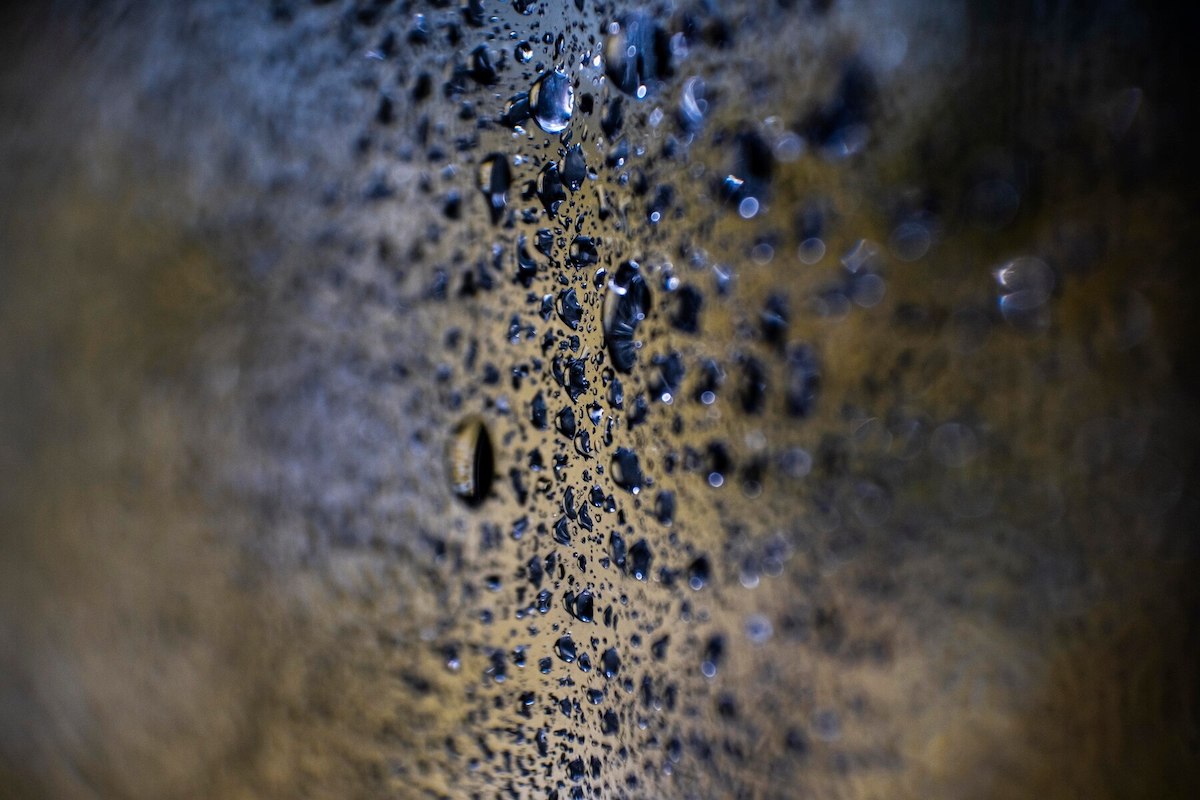Oxidizability (<5 mg O / l ) - Oxidizability refers to the amount of oxygen required to oxidize organic impurities in water. Increased oxidizability concentrations are observed in groundwater and surface water, where environmental pollutants have a large impact on water quality, less this indicator is observed in deep boreholes. High concentrations of oxidizability in water affect the color of the water, making the water yellowish or brownish. High oxidizability content indicates high contamination of organic matter in water. Organic substances in their pure form do not endanger human health, but they are harmful through interactions with iron and manganese, which adversely affect the human digestive and endocrine systems.



Cart


Your cart is empty.
Main menu
Catalog
Sediment water filters









 This is a good choice!
This is a good choice!